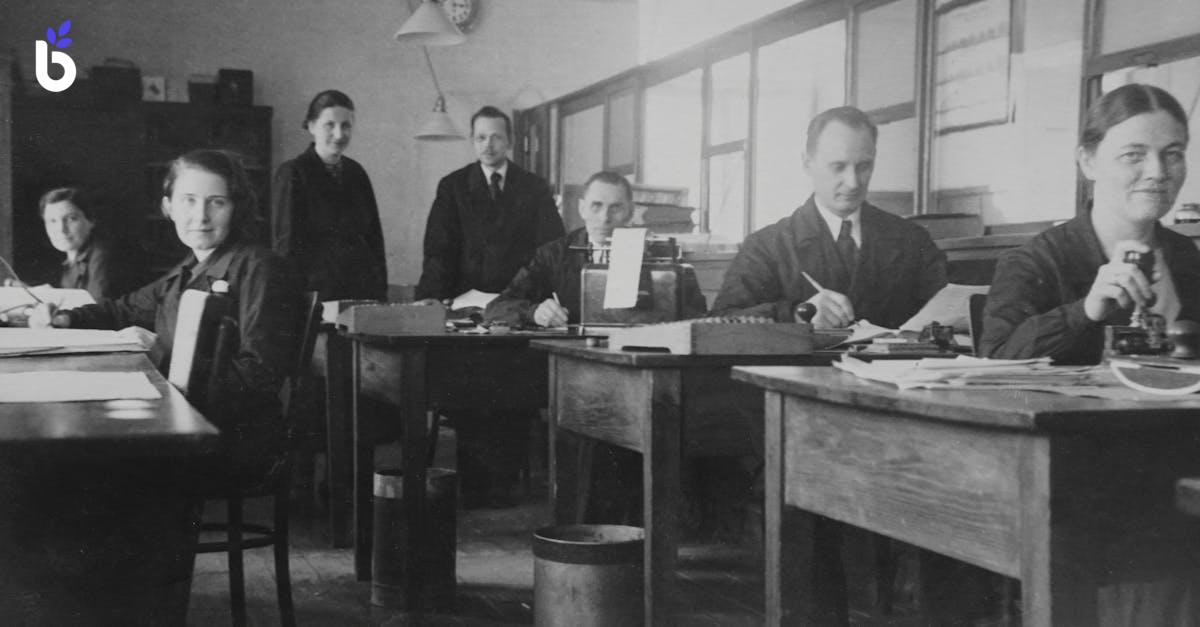by BizCRM App Team on 05, Feb 2024

WHAT IS EMPLOYMENT HISTORY?

## What is Employment History?
Employment history is a comprehensive record of a candidate's previous job positions, detailing roles, companies worked for, duration of employment, and notable achievements. For job seekers, being aware of one's employment history is crucial during the recruitment process, as it serves as a summary of professional experience. Employers rely on employment history to evaluate applicants' skills, work ethics, and past successes.
## Importance of Employment History
Employment history is significant in the job market as it allows employers to assess a candidate's fit for specific roles. Before conducting interviews, hiring managers analyze resumes to identify patterns in employment history. This insight helps employers visualize the contributions candidates made in past positions, as well as gauge their skills and expertise.
Furthermore, employment history can expose potential concerns, such as extended unemployment, frequent job changes, or gaps in employment. A well-articulated employment history not only helps candidates present their skills effectively but also allows hiring managers to connect past job responsibilities with the potential job objectives.
For instance, if a job opening emphasizes customer service expertise, candidates can highlight relevant responsibilities or achievements from prior customer service roles to illustrate their qualifications.
## Components of Employment History
A robust employment history should typically include:
* **Job Title:** The title of your current or past roles.
* **Company Name:** The names of the organizations where you worked.
* **Length of Employment:** The duration you spent in each position.
* **Accomplishments and Skills:** Specific achievements and skills gained while in each role.
## FAQs
### How to Present Employment History?
When constructing a résumé, job seekers should present their employment history in reverse chronological order, starting from the most recent position. More detailed descriptions, including job titles, duration, and accomplishments, enhance the résumé's effectiveness. Providing metrics or quantifiable successes can also make candidates stand out among similarly qualified peers.
### What is employment history, and why is it important for job seekers?
Employment history refers to a detailed record of past jobs, encompassing roles, companies, durations of employment, and accomplishments. It is vital for job seekers as employers use it to gauge a candidate's skills and commitment. The ability to weave a compelling narrative from past experiences is crucial, allowing applicants to demonstrate their dedication and successful track record.
### What should I do if there’s a gap in my employment history?
Having a gap in employment history is not uncommon. If you took a break, outline any relevant activities during that time, such as volunteering, pursuing education, or caring for family. Illustrating how these experiences relate to the job you are applying for can help demonstrate the skills and knowledge gained during the gap.
**Tip:** It is essential to verify and assess candidates’ employment history for informed hiring decisions.
Take control of your business today
Explore BizCRM App and start your journey towards business success.
